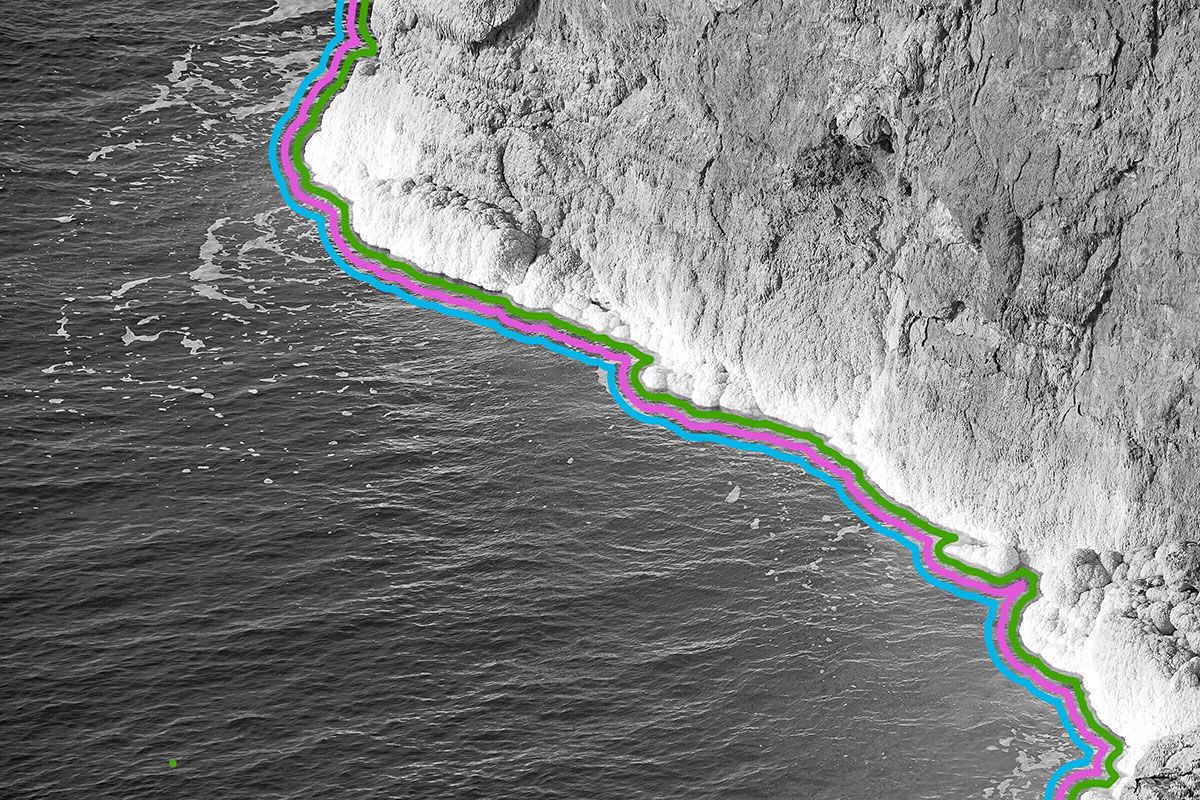
Napoleon had an older brother who moved to New Jersey.
New Jersey is known for its beach boardwalks, saltwater taffy, and colonial American history. But many people don’t know that the tiny East Coast state was also once home to Joseph Bonaparte, Napoleon’s eldest brother and the former king of Naples and Spain. How the royal went from governing entire countries to living in the New Jersey countryside is thanks to his brother’s military conquests. After abdicating the French throne in 1814, Napoleon escaped exile and attempted to retake his former role. However, the campaign ended with the Battle of Waterloo, where his troops were defeated by the British. Knowing his brother would likely return to exile, Joseph Bonaparte feared he was also at risk of banishment. His solution: flee Europe, in disguise, by way of a ship heading to New York.
In America, Bonaparte spent time in Philadelphia among other French expatriates before settling along the Delaware River in Bordentown, New Jersey. In 1816, he began construction of Point Breeze, an enormous estate once said to rival the White House. Situated between New York and Philadelphia, the 1,800-acre estate included a 38,000-square-foot mansion, sculpture gardens, carriage trails, bridges, and a human-made lake — which attracted prominent visitors like John Quincy Adams and the Marquis de Lafayette. At the time, Bonaparte’s personal library was larger than the Library of Congress and he maintained the largest private art collection in the U.S. — both of which, along with the grounds, were often open for public enjoyment. Bonaparte left Point Breeze in 1839 for London and today little of the estate survives, but in 2021 the City of Bordentown (with help from the state government and nonprofit groups) purchased the remains of Bonaparte’s retreat and transformed it into a new city municipal complex.
New Jersey once went by two titles — East Jersey and West Jersey. When Britain took control of the land in 1664 from the Dutch (who had called it New Netherlands), the area was renamed New Jersey for the Island of Jersey in the British Channel Islands, then divided from north to south and overseen by separate governors. West Jersey was given to Lord John Berkeley, a British politician, while East Jersey was managed by Sir George Carteret — who once governed the Island of Jersey himself. However, the split didn’t last long; in 1702, the divided provinces were merged together, becoming the New Jersey we know today.

